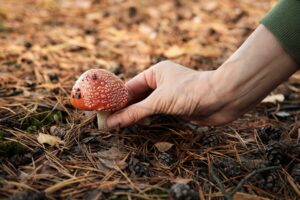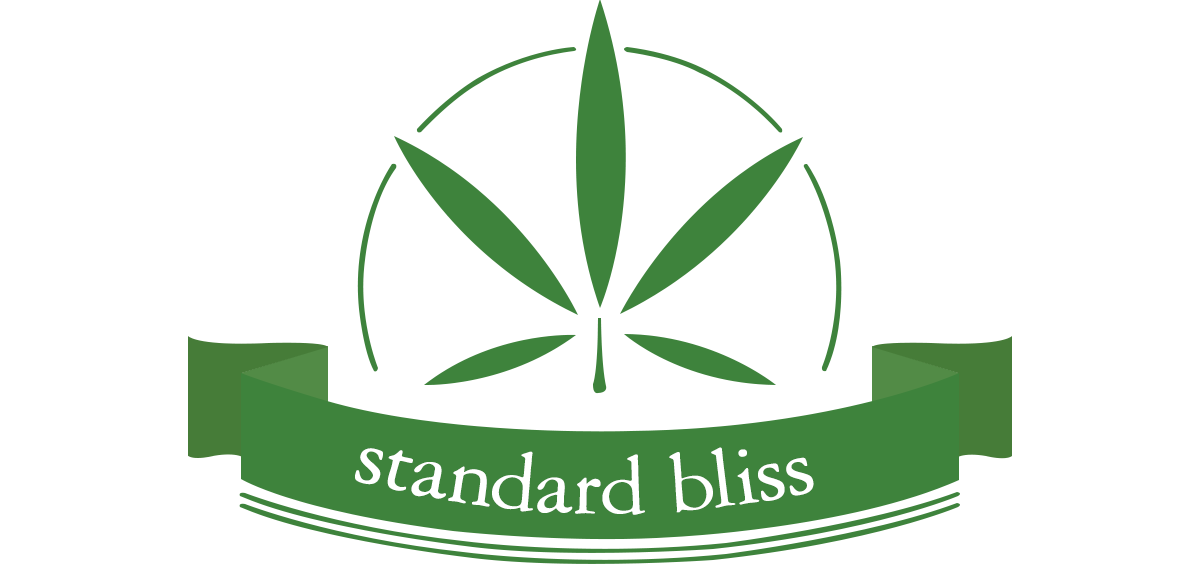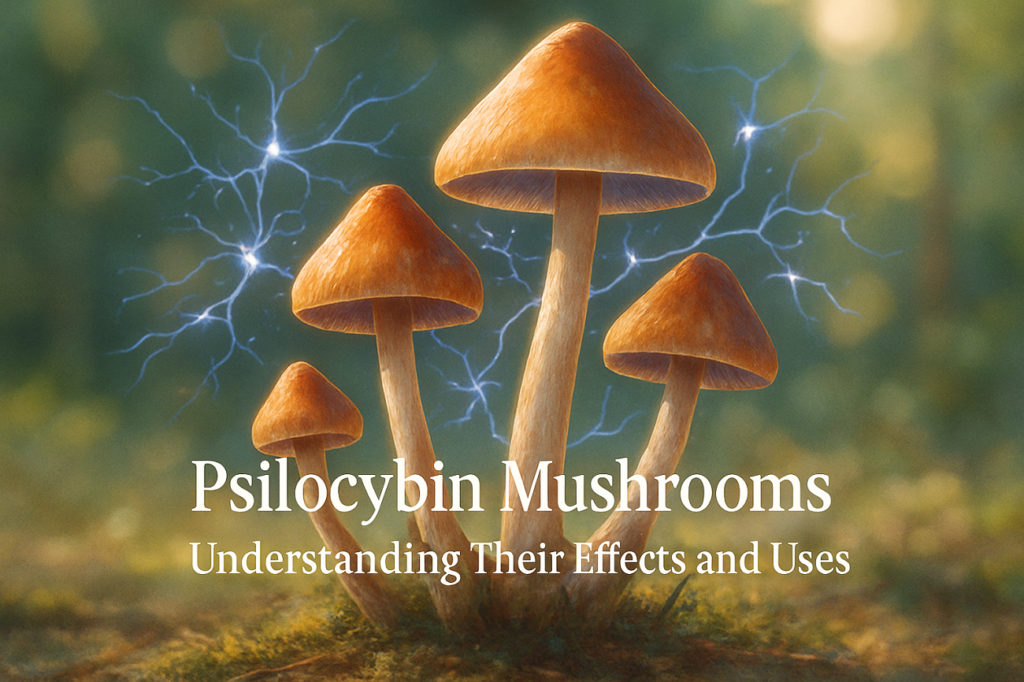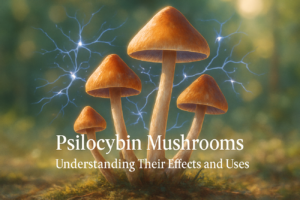Psilocybin mushrooms have gained growing attention for their potential role in supporting mental health, emotional awareness, and overall wellness. As research and public curiosity increase, people are seeking clear and responsible information about what these mushrooms are and how they affect the body and mind.
At Standard Bliss by Standard Extracts, we believe knowledge and quality products go hand in hand. If you’re interested in natural ways to support well-being, reach out or explore our selection of wellness products made with care and transparency. Contact us to learn more.
Key Takeaways
- Psilocybin mushrooms contain a naturally occurring psychoactive compound that influences serotonin receptors, leading to perceptual and emotional changes.
- Modern research is investigating psilocybin-assisted therapy for depression, anxiety, and addiction, though it remains a controlled substance under U.S. federal law.
- Microdosing has gained popularity, but scientific evidence is still mixed and ongoing studies aim to confirm its effectiveness.
- Safe and mindful use, especially when guided by professional supervision, helps minimize risks and support meaningful outcomes.
- Integration and reflection after use can enhance emotional and psychological understanding.
- The future of psilocybin research looks promising, with universities studying its role in brain connectivity and emotional healing.
- For those seeking natural balance, Standard Bliss by Standard Extracts offers high-quality CBD, vapes, and functional mushroom products that align with holistic well-being.
What Are Psilocybin Mushrooms?
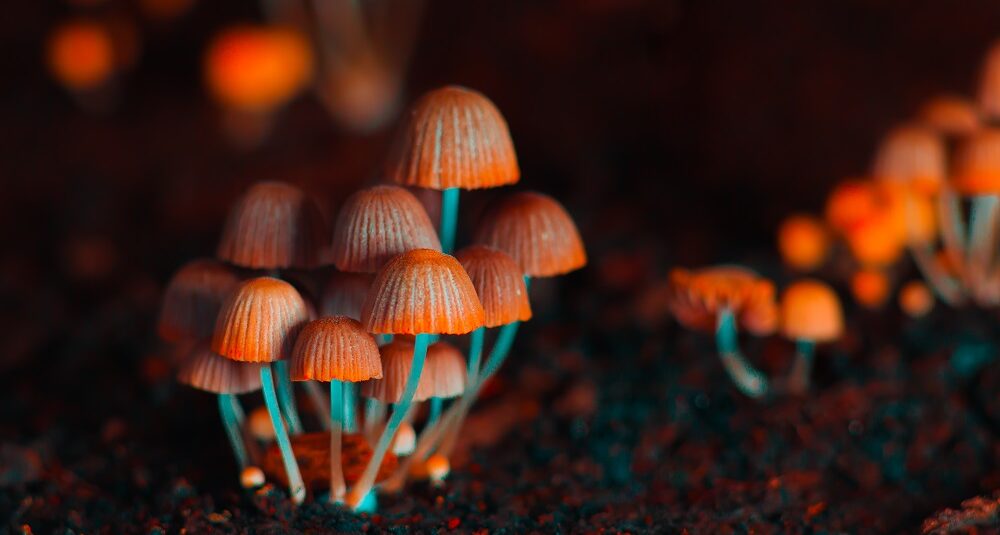
Psilocybin mushrooms are naturally occurring fungi that contain the psychoactive compound psilocybin, which the body converts into psilocin after ingestion. Psilocin interacts primarily with serotonin (5-HT2A) receptors in the brain, leading to changes in perception, mood, and cognition.
These mushrooms have a long history of use across various cultures, especially in spiritual or ceremonial contexts. Modern science has begun revisiting them through controlled research studies to better understand their potential therapeutic properties.
Psilocybin is currently classified as a Schedule I substance under U.S. federal law, meaning it cannot be sold or possessed legally except in approved research settings.
How Psilocybin Affects the Mind and Body
To understand how psilocybin works, it helps to look at how it interacts with the brain and body. When metabolized, psilocin temporarily alters patterns of neural communication, allowing brain regions that usually operate separately to interact more freely.
Psychological Effects
Psilocybin can affect perception, thought, and emotion. Users often report visual distortions, heightened sensory experiences, or shifts in self-awareness. Emotions may feel more intense, and many describe a greater sense of connection to their surroundings or deeper insight into personal experiences.
Functional MRI studies suggest that psilocybin temporarily decreases activity in the default mode network (DMN), which is a set of brain regions linked to self-referential thinking and habitual thought patterns.
This reduction may help explain why some individuals report relief from repetitive or negative thinking during guided psilocybin sessions. It is worth noting that these effects are dose-dependent and vary based on mindset, setting, and individual neurochemistry.
Physical Effects
On a physical level, psilocybin may cause mild changes in body sensations. Some people experience a sense of warmth, relaxation, or lightness, while others may feel dizziness, nausea, or increased heart rate.
These effects usually begin 30 to 60 minutes after ingestion, peak within two to three hours, and gradually taper over four to six hours. Because potency varies among mushroom species and individual tolerance differs, precise dosing is difficult without laboratory analysis.
Therapeutic and Modern Uses
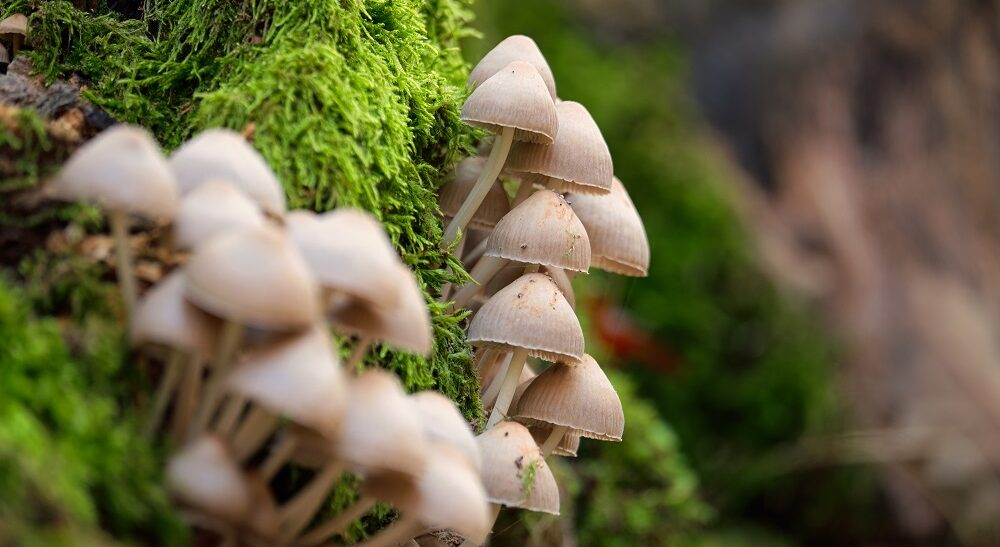
Interest in psilocybin’s potential benefits has expanded through ongoing scientific research, though it remains a controlled substance in most countries. Let’s look at what current studies are showing and how these findings are being interpreted.
Mental Health Research
Clinical trials at institutions such as Johns Hopkins University, NYU Langone Health, and Imperial College London have explored psilocybin-assisted therapy for conditions like depression, anxiety, and substance use disorders.
Early results suggest that, when administered in supervised settings alongside psychotherapy, psilocybin can lead to measurable reductions in depressive symptoms and anxiety for some participants.
Researchers caution that these findings are preliminary. Most studies involve small sample sizes and are conducted in controlled environments with medical oversight. Psilocybin therapy is not yet approved for general clinical use, though some regions have authorized it under restricted pilot programs.
Microdosing and Personal Well-Being
Microdosing refers to the practice of consuming very small, sub-perceptual amounts of psilocybin, typically about one-tenth of a recreational dose. The goal is not to induce a psychedelic experience but to promote subtle cognitive or emotional balance.
Scientific evidence supporting microdosing remains limited and mixed. While anecdotal reports describe enhanced mood and creativity, current studies show that perceived benefits may partially stem from expectation effects. Researchers are continuing to study whether microdosing has consistent, measurable outcomes across larger populations.
Mindful Use and Intention Setting
Many individuals who explore psilocybin in legal or research settings highlight the value of intention and preparation. A calm environment, trusted support, and a clear purpose contribute to safer and more meaningful experiences. Participants in clinical studies typically undergo extensive preparation and integration sessions to process insights gained during therapy.
Unsupervised or recreational use can involve risks, including psychological distress or confusion. Responsible use, within legal and ethical boundaries, helps protect physical and mental well-being.
Safety, Legality, and Responsible Exploration
Understanding psilocybin’s legal and physiological context is important for safety and compliance.
Legal Context
As of 2025, psilocybin remains illegal under U.S. federal law. Several states and cities such as Oregon and parts of Colorado have introduced decriminalization or therapeutic pilot programs allowing limited use under supervision.
Laws vary widely internationally, so anyone considering psilocybin should verify local regulations before possession or consumption.
Safe Exploration Practices
Because psilocybin’s effects differ from person to person, responsible use is essential. Individuals with personal or family histories of psychosis, bipolar disorder, or certain anxiety conditions are generally advised to avoid unsupervised use. Mixing psilocybin with alcohol or other substances increases the likelihood of unpredictable effects.
Even at moderate doses, psilocybin can temporarily alter coordination, perception, and judgment. Research settings typically require medical screening, stable support, and supervision throughout the session.
Integration and Aftercare
Following the experience, reflection helps translate insights into lasting understanding. Techniques such as journaling, meditation, or speaking with an integration specialist are commonly used to support emotional processing.
Integration is viewed in clinical models as a continuation of the therapeutic process because it helps transform temporary experiences into long-term growth.
The Future of Psilocybin Research
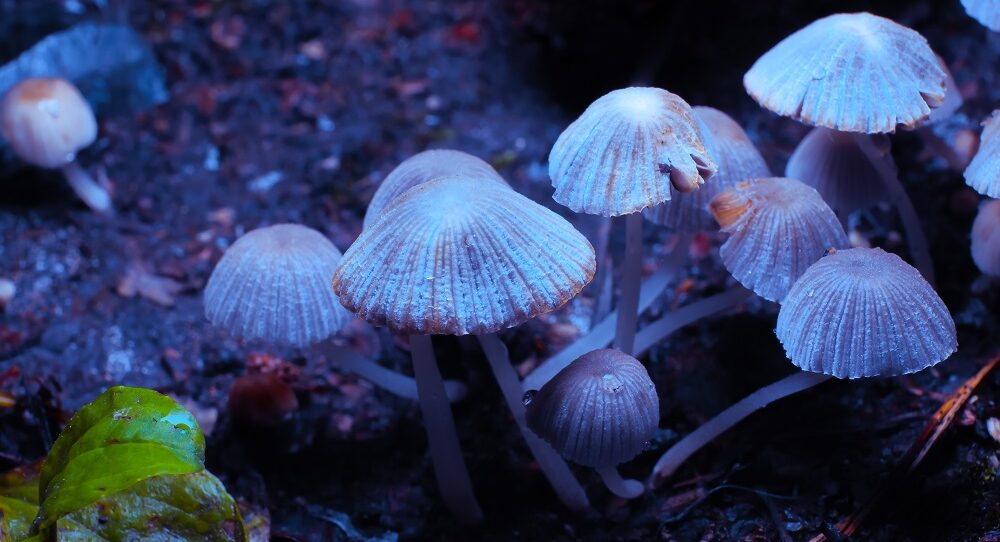
Scientific interest in psilocybin continues to grow as researchers study its effects on neuroplasticity, emotional regulation, and brain connectivity. Animal and early human studies indicate psilocybin may promote neural flexibility and enhance communication between brain regions. More research is needed to confirm long-term outcomes.
Ongoing clinical trials are investigating its potential role in treating depression, post-traumatic stress disorder, obsessive-compulsive disorder, and end-of-life anxiety. The results so far are promising, but experts caution that larger multi-site studies are necessary to validate these early findings.
Reconnecting with Nature’s Balance
Psilocybin mushrooms offer a window into how natural compounds interact with human consciousness. Whether studied for science or approached through personal curiosity, they remind us that balance and self-awareness often begin with understanding the connection between nature and mind.
Ready to reconnect with nature’s calm? Explore our products at Standard Bliss by Standard Extracts and discover premium CBD, vapes, and functional mushrooms designed to elevate your wellness experience with clarity and confidence.
Disclaimer:
This content is for informational purposes only. Standard Bliss by Standard Extracts does not sell psilocybin mushrooms or provide medical advice. Psilocybin is a controlled substance in many areas. Consult a qualified professional and follow local laws.
